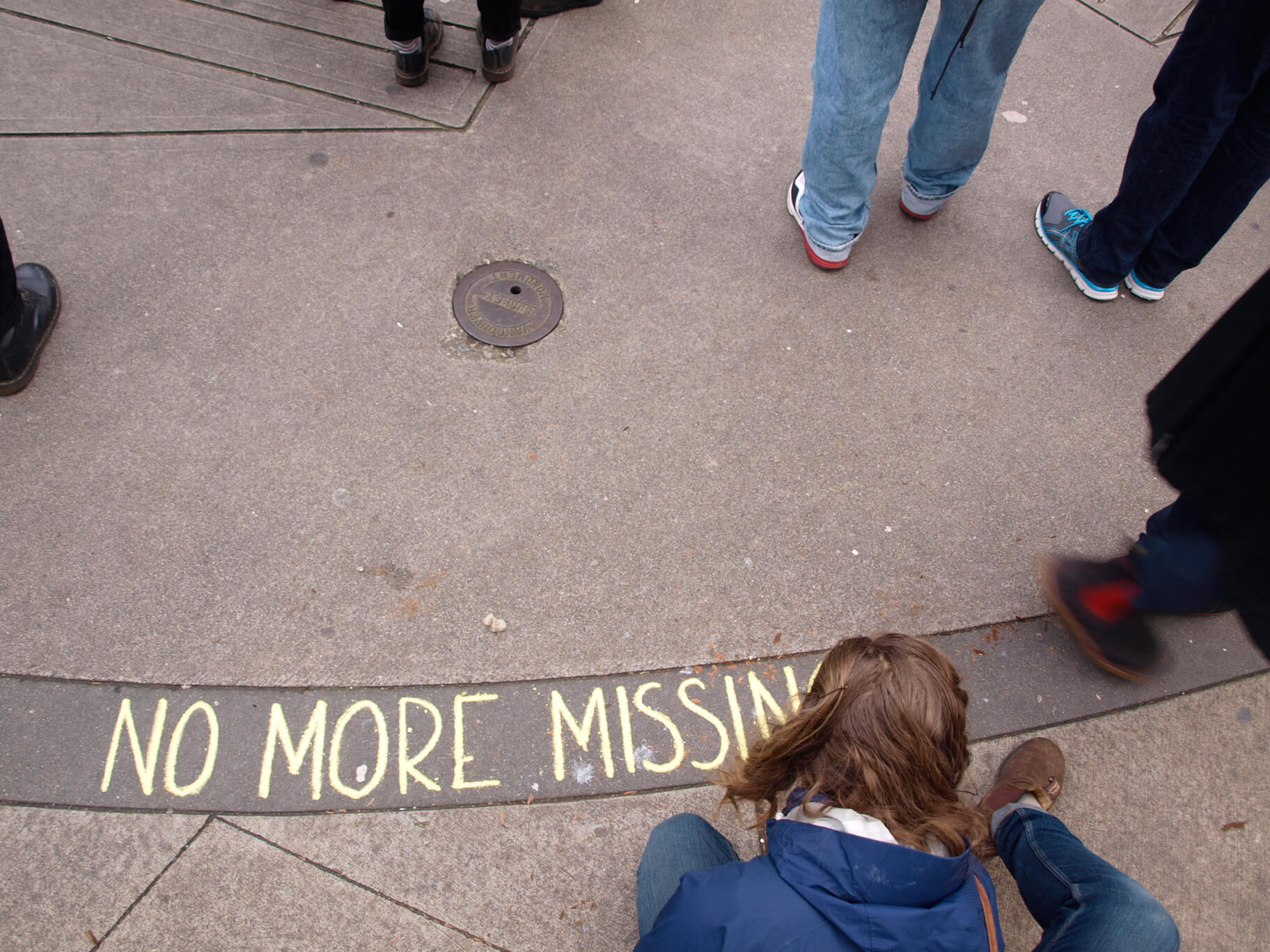
Yesterday, the Senate Committee on Indian Affairs passed Savanna’s Act — a bill that would require new law enforcement guidelines for addressing cases related to missing and murdered Native Americans.
Savanna’s Act is named after Savanna Greywind, a member of the Spirit Lake Nation in east-central North Dakota. Greywind was only 22 when she was brutally attacked by Brooke Crews — who is currently serving a life sentence without parole for cutting the unborn child out of Greywind while she was still alive.
This gruesome and stunning act seemed to finally force the phenomenon of violence against Indigenous women onto the radar of U.S. federal legislators.
Now that the bill has passed the Committee, it will move on for a full Senate review before the bipartisan-sponsored bill is expected to pass there, too.
This bill was originally introduced by now former North Dakota Senator Heidi Heitkamp, on Oct. 5, 2018. Heitkamp lost her Senate seat after her highly publicized opposition to Supreme Court Justice Brett Kavanaugh.
Newly elected Laguna Pueblo Congresswoman Deb Haaland, recently pledged her support to push for justice for missing and murdered Indigenous Women — in an interview on Democracy Now, Haaland issued a plea for solidarity beyond the Indigenous community, saying she felt like recognition of this issue would concern all women.
According to Congress.Gov, the bill, once passed, would “[require] the Department of Justice (DOJ) to update the online data entry format for federal databases relevant to cases of missing and murdered Indians to include a new data field for users to input the victim’s tribal enrollment information or affiliation.”
Additionally, the DOJ will have to “make standardized law enforcement and justice protocols that serve as guidelines for law enforcement agencies with respect to missing and murdered Indians”, “develop protocols to investigate those cases that are guided by the standardized protocols”, and “provide tribes and law enforcement agencies with training and technical assistance relating to the development and implementation of the law enforcement and justice protocols”.
Further, “Federal law enforcement agencies that investigate and prosecute crimes related to missing and murdered Indians must modify their law enforcement and justice protocols to comply with the standardized protocols”.

Indigenous Peoples are putting their bodies on the line and it's our responsibility to make sure you know why. That takes time, expertise and resources - and we're up against a constant tide of misinformation and distorted coverage. By supporting IC you're empowering the kind of journalism we need, at the moment we need it most.